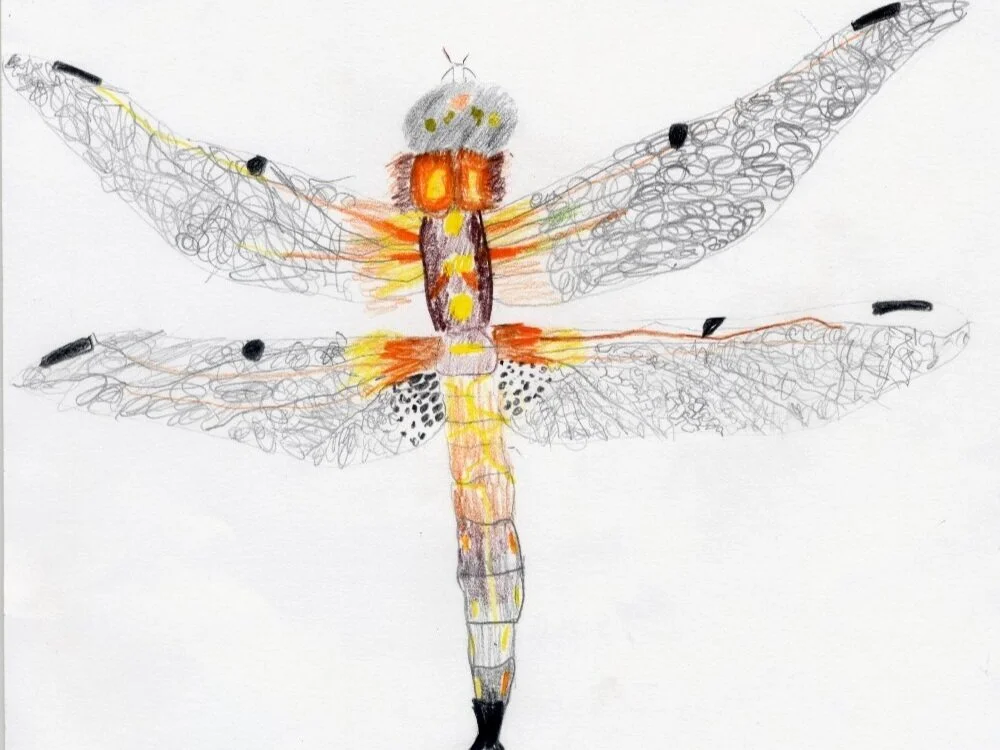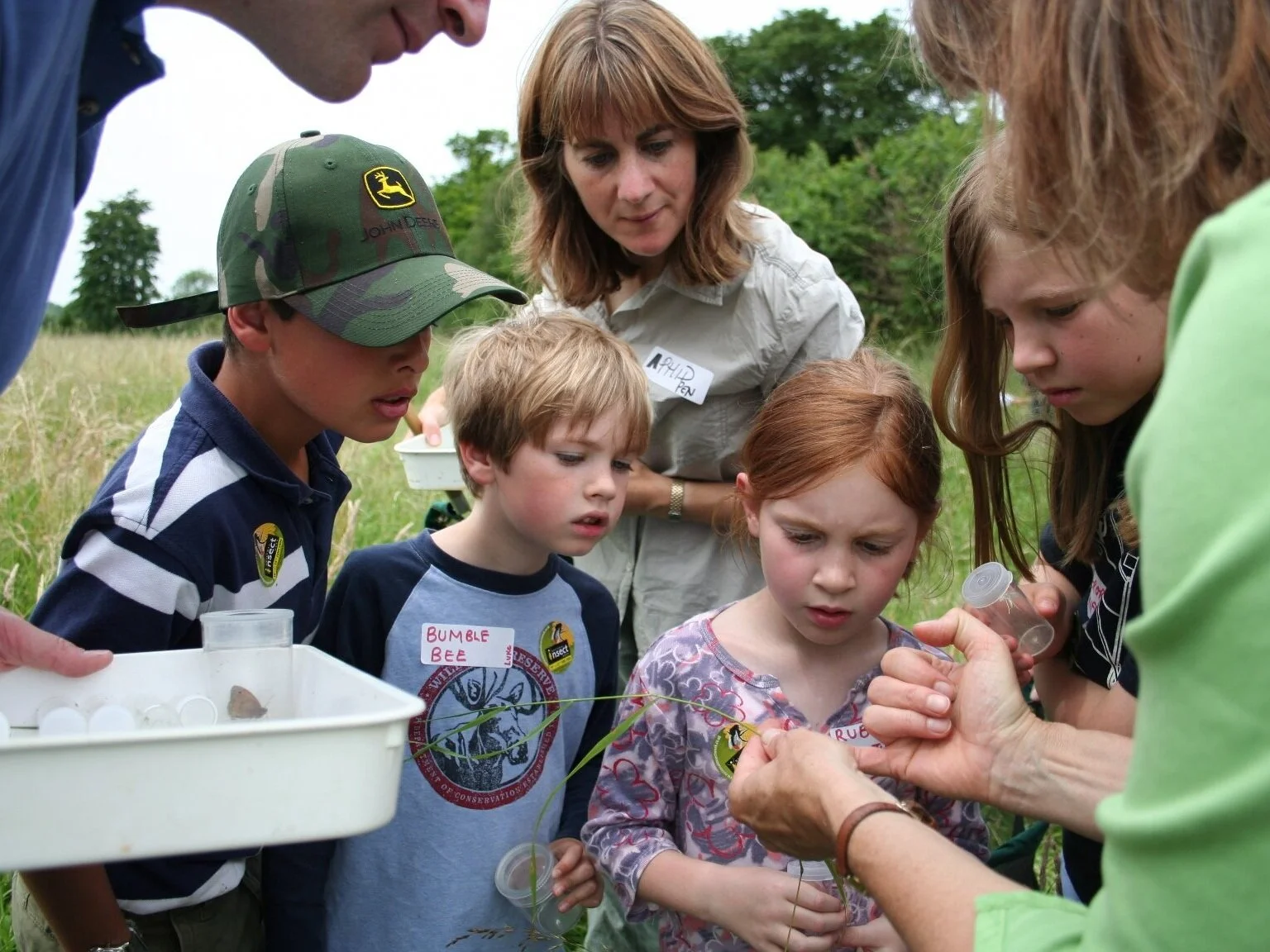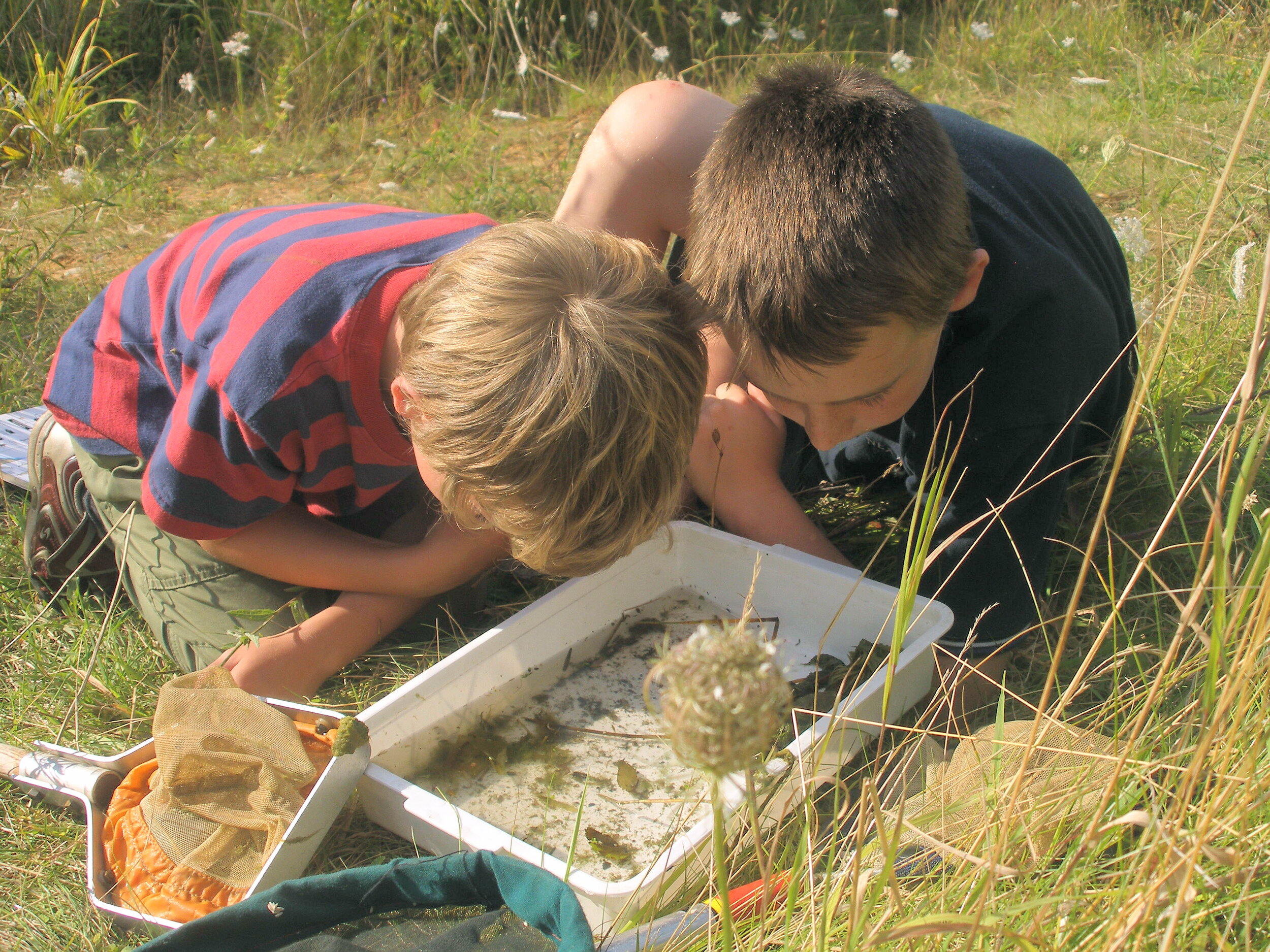
Milden Hall farm - an outdoor classroom in Suffolk
How would your group like to use it?
For home-schooled groups, day or residential school trips, scouts, girl guides, Duke of Edinburgh Award students ….
For younger students, we offer eco-challenges, a range of curriculum-relevant activities taught mostly outside, with day visits or residential trips in a safe and quirky environment. For home-schooled students we can offer tuition or simply the resources for parents to carry on teaching themselves.
For older students, we understand some might be unsure of their next step in higher education or career. We hope to inspire those already interested in a subject to consider how they can take that forward to the next level.
Art, design, craft & the environment
Explore the natural world through art, design and traditional craft activities. Activities done by past students vary from sketching and painting buildings, landscapes, wildlife farm operations and objects on the farm or in our museum, to physically creative installations (Goldsworthy), dyeing with natural products, weaving with willow and leaves, whittling and making felt.
Photography A-level students can draw inspiration from the built and natural environment with various costumes and props in different locations to help develop different themes.
Science & natural history
Activities available depend on time of year and key stage of students but the aim is always to understand more about different farm habitats and ecosystems – through a mixture of scientific investigation, games, art and drama. We can tailor days to your curriculum needs with seasonal variations including the following:
Using simple sampling kit such as overnight moth light traps, insect and pond nets, trays and sampling pots
Identifying & classifying plants (trees, flowers) and animals (amphibians, insects, mammals)
Food chains, ecological communities
Differences in habitat (cropped land, semi-natural woodland, hedges, ponds, hay meadows etc), seasonal changes in animal requirements
Understanding adaptation to habitat, seasonally different behaviour
Environmental issues - problem solving, debate
History & archaeology
Students can step back in time - and in costume - to Tudor, World War II or even the Stone Age. The activities we do with any group vary with the seasons and the length of stay but include practical activities, some archaeological investigation, games and checking out our little farm museum.
Tudor days are spent doing what Tudor peasants did on farms in the late 1500s - managing the pigs and chickens, processing game, making pomanders, celebrating festivals such as Decorating the Plough or Wassailing, and feasting on food of the era. Students can learn to field walk or metal detect, identify and classify their archaeological finds, learn how to date hedges, ponds and buildings.
Indoors, schools rehearse Tudor plays and music, sew and process wool. Many groups visit the amazing Kentwell Hall Tudor re-creation school days just down the road while they are here. Many also do Lavenham Town Trail (three miles away) to explore the historic village, famous for its medieval and Tudor wool and cloth industry, massive church and old guildhall (National Trust).
Most children arrive for World War II days as evacuees and experience life on the farm. In the War, we had prisoners of war, evacuees and an anti-aircraft gun unit and our small farm museum houses finds from the time. You can immerse yourselves in activities including those that make food and fuel rations go further, looking after farm animals, ‘digging for victory’, collecting firewood, ‘rat’-catching, and the burning plane investigation. Inside you can enjoy your own ENSA entertainment, news reels and cooking.







